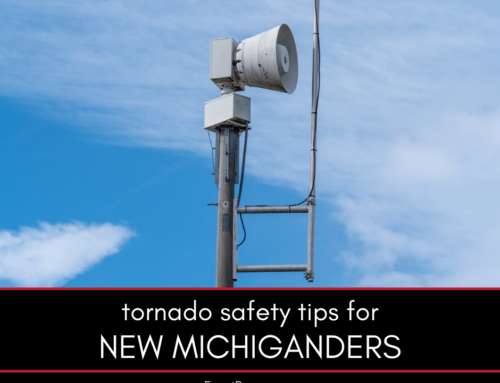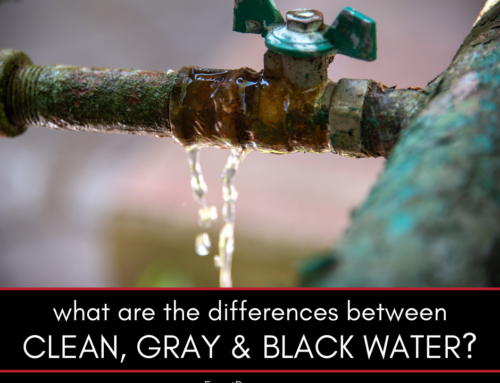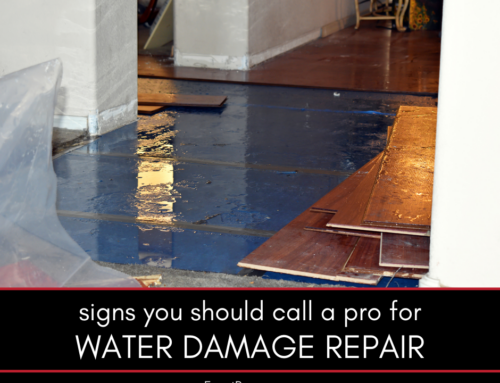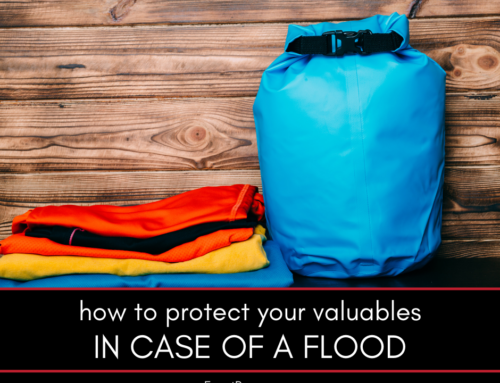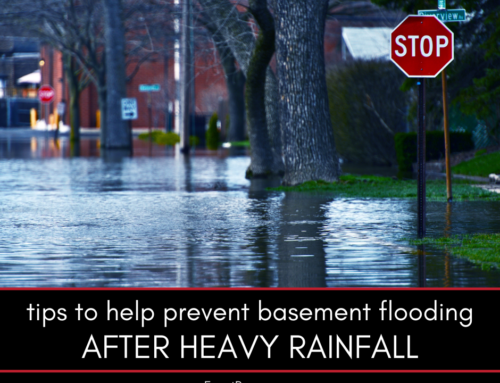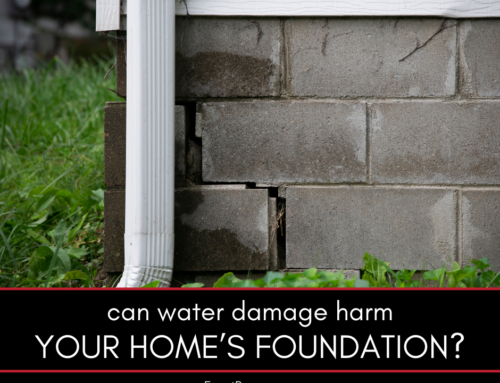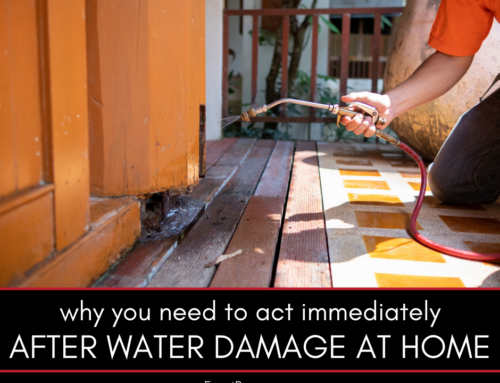When major home damage occurs, whether from a natural disaster, fire, or other catastrophic events, salvaging your belongings becomes a priority. While some items may be beyond repair, many can be saved and restored with the right approach and professional help.
How to Salvage Belongings After Major Home Damage
This guide explains the following:
- Assessing damage and prioritizing items
- Safe handling of damaged belongings
- Cleaning and drying techniques for salvageable items
- When to seek professional restoration services
- Tips for working with restoration professionals
- Preventative measures for future protection
Here’s a closer look at each.
Assessing Damage and Prioritizing Items
Start by assessing which items are most important to you, such as documents, family heirlooms, or essential personal items. Prioritize these for cleaning and restoration, keeping in mind that some items may be irreplaceable.
Related: Everything you need to know about disasters
Safe Handling of Damaged Belongings
Handle damaged items with care. Wear gloves and protective gear, especially if dealing with items contaminated by water or smoke. Be cautious of sharp edges or broken pieces.
Cleaning and Drying Techniques for Salvageable Items
For items that are wet, start by gently drying them. Use fans, dehumidifiers, or air dryers if available. Clean items according to
their material – for example, use gentle soap and water for hard surfaces, and special cleaners for upholstery or fabrics. Avoid using harsh chemicals that could further damage items.
When to Seek Professional Restoration Services
For valuable or delicate items, or when the damage is extensive, it’s best to seek professional restoration services. Professionals have the expertise and equipment to restore items more effectively, especially those damaged by water, fire, or mold.
Related: Burst pipes, basement floods and other types of water damage
Tips for Working with Restoration Professionals
When working with restoration professionals, clearly communicate the value and importance of each item. Provide any information that could assist in the restoration process, such as the age, material, or original condition of the items.
Preventative Measures for Future Protection
After experiencing major home damage, consider taking measures to protect your belongings in the future. This can include storing important documents in waterproof containers, using fireproof safes, and ensuring adequate insurance coverage for valuable items.
FAQ About Salvaging Belongings After Home Damage
How Do I Know Which Items Are Salvageable?
Items are generally salvageable if they have not been severely damaged by water, fire, or mold. If unsure, consult with a restoration professional for an assessment.
Can Electronics Be Salvaged After Water Damage?
Some electronics can be salvaged if they are quickly dried and cleaned. However, it’s often best to have them evaluated by a professional to avoid the risk of electrical hazards.
Is It Possible to Remove Smoke Odor from Personal Belongings?
Yes, smoke odor can often be removed from personal belongings with the right cleaning methods. Professional restoration services can be particularly effective in deodorizing items.
How Can I Prevent Mold Growth on Wet Items?
To prevent mold growth, dry wet items as quickly as possible. Use fans, dehumidifiers, and keep the area well-ventilated. If mold develops, professional cleaning may be necessary.
Related: How to prepare for Michigan’s storm season
Should I Attempt to Clean Damaged Items Myself?
For minor damage, some items can be cleaned at home using appropriate methods. However, for valuable, delicate, or extensively damaged items, it’s safer and more effective to use professional restoration services.
In conclusion, salvaging belongings after major home damage requires a careful and informed approach. By assessing the damage, prioritizing important items, and utilizing appropriate cleaning and drying techniques, you can save many of your belongings. In cases where professional expertise is needed, working with restoration professionals can greatly enhance the chances of saving and restoring your valuable and sentimental items. Remember, taking immediate action and seeking professional help when necessary are key to successfully salvaging your belongings. Additionally, implementing preventative measures can help protect your possessions from future damage. By following these guidelines, you can navigate the challenging process of salvaging belongings after a disaster with confidence and effectiveness.
Do You Need a Disaster Remediation Expert in Washtenaw County or Jackson County?
If your home has already been damaged, we can help. Check out our services and call Exact Recon for your free disaster remediation quote today. We offer:
- Water damage restoration
- Fire damage restoration
- Mold removal and remediation
- Fire and smoke restoration
- Sewer cleanup and disinfecting
- Reconstruction
- Wind and storm damage repair


